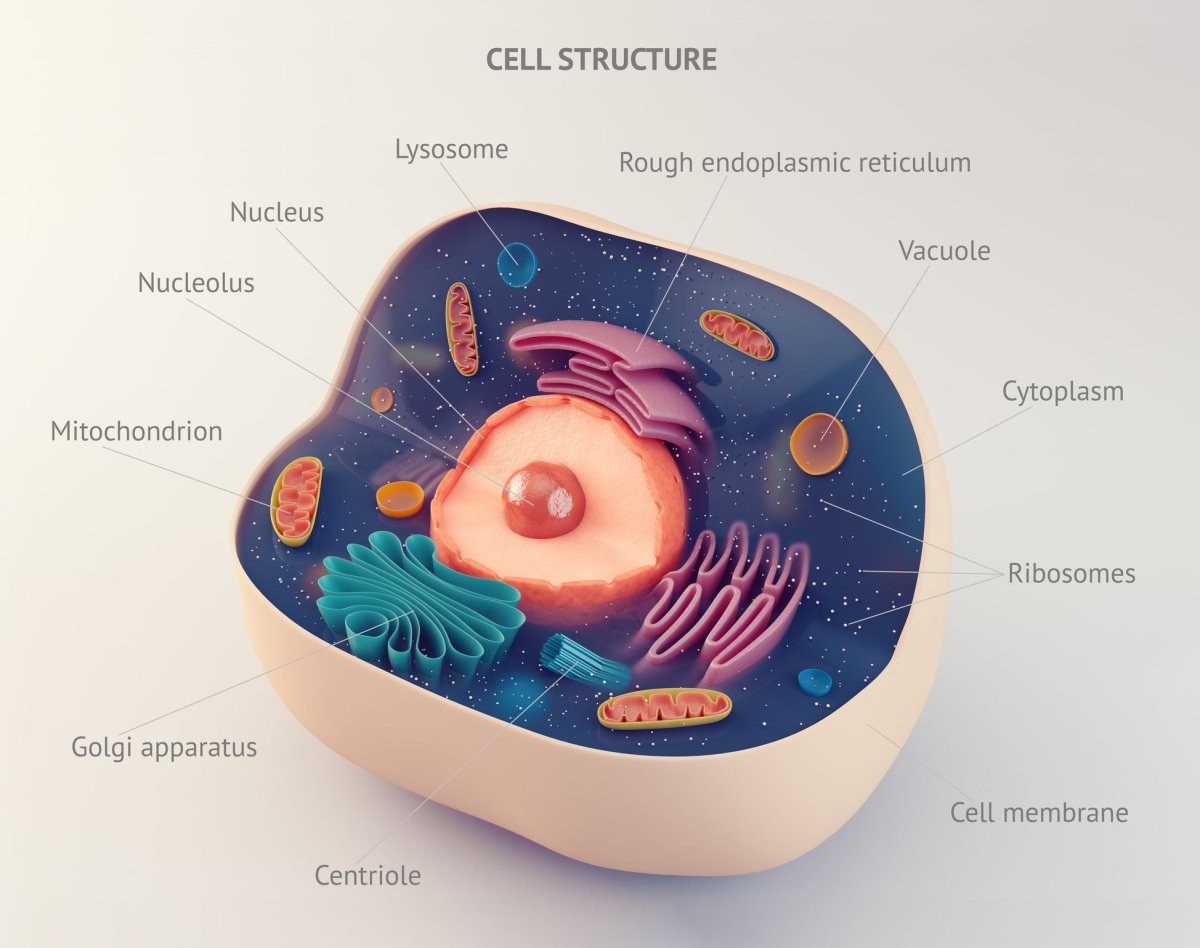Exercising intensely for a few minutes could offer the same health benefits as working out at a moderate pace for a longer period of time, according to research.
The theory centers around how different forms of exercise affect our mitochondria. Commonly referred to as the powerhouse of our cells, mitochondria are in charge of transforming what we eat into fuel.
Evidence suggests just one workout could boost our mitochondria: helping the body to create more of these powerhouses and keep the existing ones working correctly. This, in turn, is believed to play a role in preventing chronic disease.
In a small study published in the American Journal of Physiology—Regulatory, Integrative and Comparative Physiology, researchers at Victoria University, Australia, recruited eight participants. They hypothesized that an individual's mitochondria can reap the same benefits as slogging at the treadmill for half an hour by committing to short bursts of exercise at maximum effort: also known as high-intensity interval training.

The researchers defined a moderate workout as 30 minutes of continuous exercise at 50 percent effort; while high intensity constituted five four-minute stints on a bike at 75 percent effort, punctuated by one minute of rest. The participants also completed sprint cycling: four 30-second sessions at maximum effort, with 4.5 minutes of recovery time in between.
To reveal how the different durations and intensities of exercise affected the participants' mitochondria, the researchers performed thigh muscle biopsies following each bout. They then measured levels of hydrogen peroxide: a type of molecule known as a reactive oxygen species.
Exercise was found to change levels of hydrogen peroxide in the mitochondria. Reactive oxygen species are linked to oxidative stress, which can, in turn, prompt aging—as well as the development of conditions such as cancer and cardiovascular disease. But they can also boost a cell's metabolism. The scientists believe exercise had the latter effect on the volunteers' mitochondria.

Read more: This is how many minutes of exercise will make you happy, according to a new study
What's more, mitochondria behaved in the same way following a high-intensity workout or a moderate workout, according to the authors.
The authors did not immediately respond to a request for comment. They said in a statement: "A total of only two minutes of sprint interval exercise was sufficient to elicit similar responses as 30 minutes of continuous moderate-intensity aerobic exercise.
"This suggests that exercise may be prescribed according to individual preferences while still generating similar signals known to confer beneficial metabolic adaptions. These findings have important implications for improving our understanding of how exercise can be used to enhance metabolic health in the general population."
The study is the latest to find that intense bursts of exercise could be the most efficient way of reaping the benefits of exercise.
One such paper published in the journal Plos One in 2016 found three 20-second bursts of "all-out" spring cycling interspersed with two minutes of moderate cycling provided the same advantages to participants' cardiometabolic health as traditional forms of exercise. That came despite the participants completing five times less exercise than other subjects.
This article was updated to include the title of the American Journal of Physiology—Regulatory, Integrative and Comparative Physiology.
Uncommon Knowledge
Newsweek is committed to challenging conventional wisdom and finding connections in the search for common ground.
Newsweek is committed to challenging conventional wisdom and finding connections in the search for common ground.
About the writer
Kashmira Gander is Deputy Science Editor at Newsweek. Her interests include health, gender, LGBTQIA+ issues, human rights, subcultures, music, and lifestyle. Her ... Read more
To read how Newsweek uses AI as a newsroom tool, Click here.








